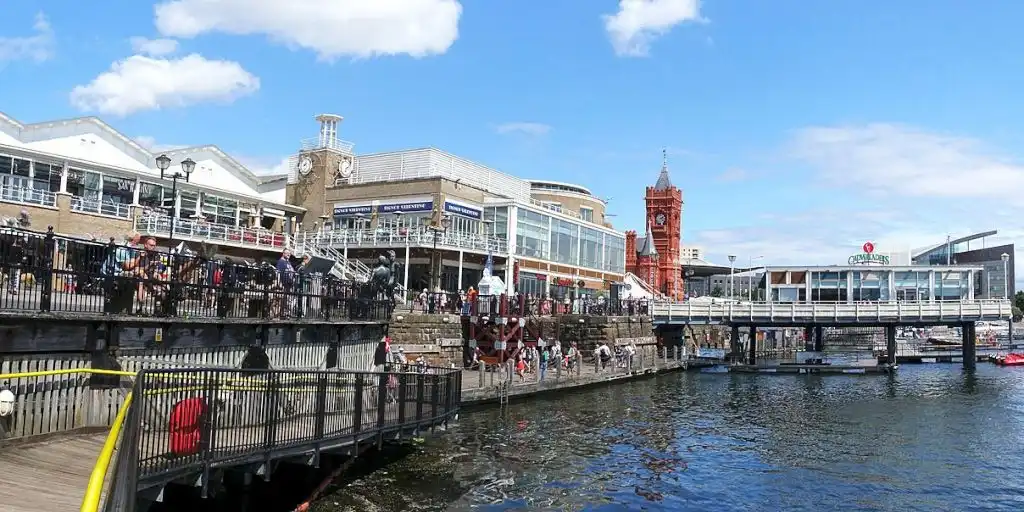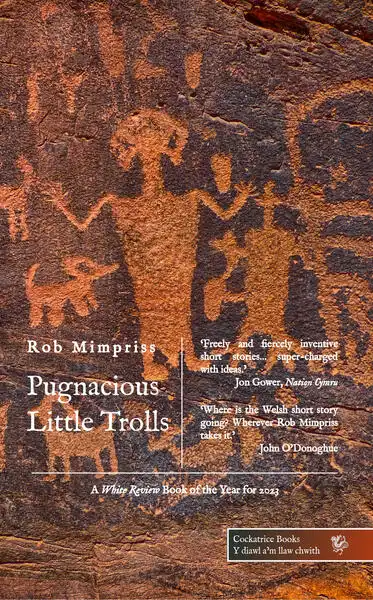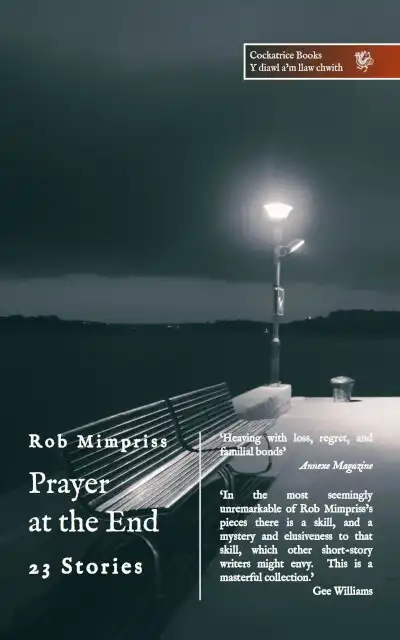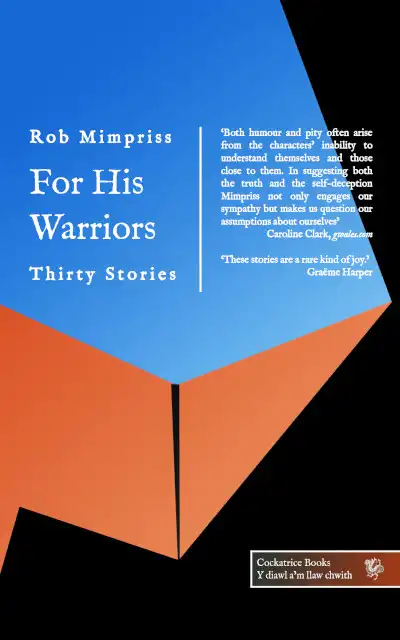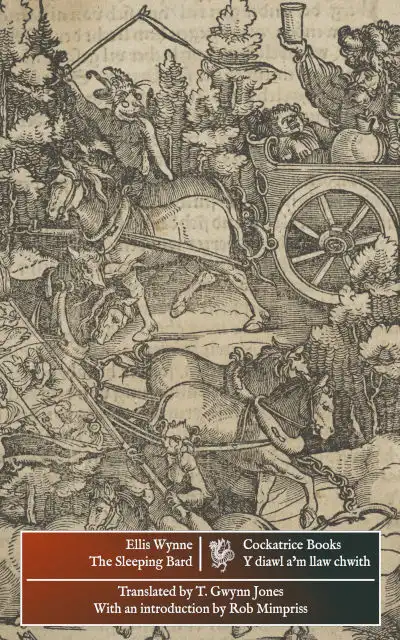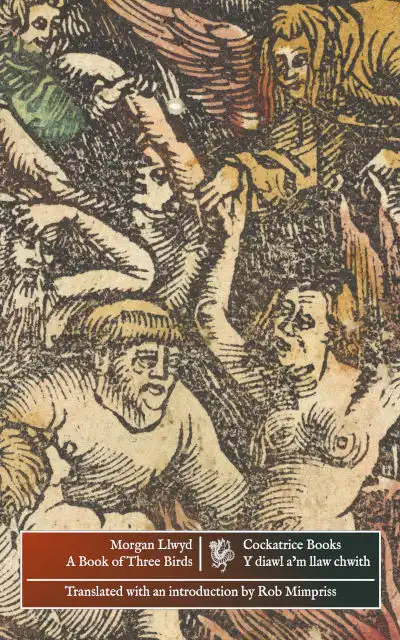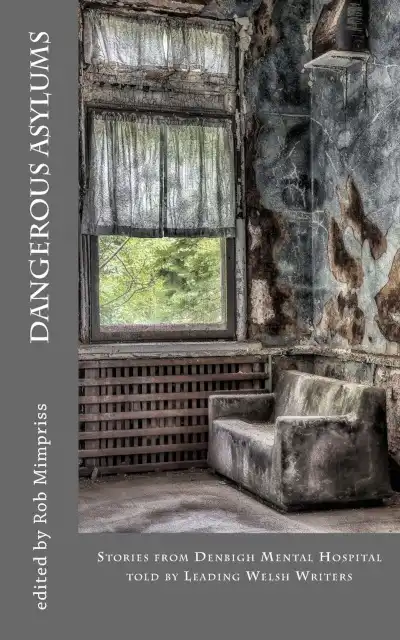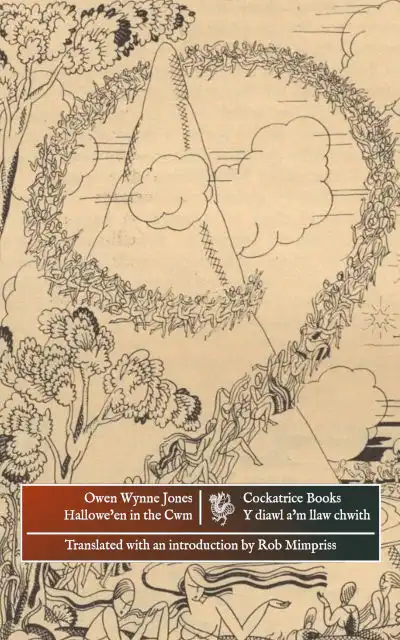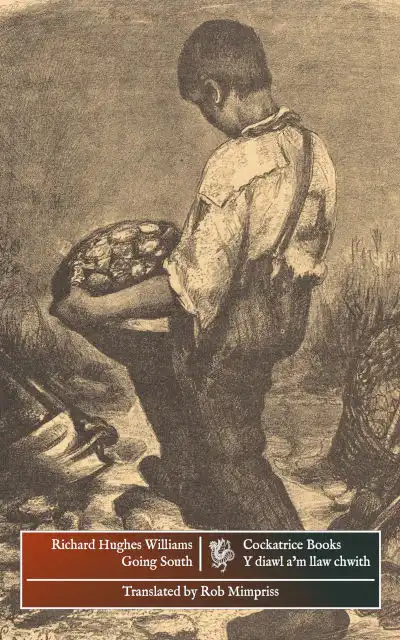The following review appeared in New Welsh Review 93 (Autumn 2011), 86-89. Minor changes have been made to the wording.
Gaia Ore, aged thirty-three, is widowed by a famous architect, Charles Ore, at the start of Perfect Architect, Jayne Joso’s second novel. An earth mother in a sense that is highlighted, but never explained, she also is unfinished and incomplete. She sees herself as a layer of sand subsumed by the rising tide of Charles’s success, and to Charles she is a woman whose verve has rolled away, like a ball that might be found under a table or sofa, if they get down on their knees to look.
That he once pretended to do this, and made her join in the fun, indicates the standard of behaviour shown by male characters in this novel. Yet the subtlety of these metaphors from the first chapter also show Joso’s characterisation at its best. Later images and descriptions of Gaia establish her as the object of general pity. Her postman Tom Bradshaw thinks her ‘ordinary’ in her grief and self-neglect, and the Italian architect Alessandro sees her as elegant but lost, nervous and lonely. To her husband’s correspondent and confidante Selené she is a coward, naive, sometimes exasperating in her haplessness, a passenger in the lives of others when she should be the architect of her own. It takes all Jane Austen’s skill, perhaps, to make the elusive Anne Elliot seem worthy of our care, yet Joso seems ready to take her characters at face value, and her simple prescriptions for their happiness seem to be offered at face value too.
Selené’s letters – imperious, passionate, pretentious and vain – demonstrate Joso’s skill in capturing patterns of writing and speech, in hinting at the type of a wealthy and elderly single woman despite Gaia’s initial assumption that she is Charles’s mistress. They also provide a clear contrast to Gaia’s replies, first jealous and later needy. Under Selené’s rousing if impatient tutelage (‘Sex, my dear… Sex is the most under-rated medicine’) Gaia finally conceives a plan for her life: to travel to Italy, to take a lover, and to devise or commission plans for a house replacing the ones designed by Charles.
These early chapters cut between descriptions of Gaia’s depression and despair and quotations from this correspondence. They also take in Italy, Spain, England and America, introducing the architects whom Gaia commissions to submit competing plans for her new home. The writing is generally passive and descriptive as Gaia waits for the postman, chain-smokes and drinks, and the men humiliate journalists, expound their theories on seduction, compare the women of different nations, and discuss the greatness of their genius and power. ‘You have the reputation of an almost maverick architect!’ Gaia tells Alessandro, ‘and certainly among other leading architects, you are talked of almost incessantly! I have even heard you spoken of as a heretic! What do you make of that?’ And he tells her, at length.
Flashbacks establish that these men are the children of indulgent mothers. Gaia asks Selené why her husband kept secrets from her, and she replies that his mother had the words ‘Will to Power’ as though tattooed on her breasts. One wonders how Gaia will fare among such men, but it seems that qualities that make for bad husbands are yet admirable in lovers, especially if those lovers are geniuses. Gaia and Selené agree that women should be amanuenses to genius (‘The intellect! The potency! The spontaneity! And brilliance!’) in an attitude that recalls Ayn Rand’s Atlas Shrugged. Art is equated with aggression and self-assertion, not self-sacrifice, and Alessandro tells her that anyone who has not got what he wanted in life did not want it badly enough. It seems not only Gaia is naive, and the postman, who is not rich or talented or powerful, who must have suffered more than the other characters since his child was mauled to death by his dog, is patronised by Joso. The conflict between Gaia’s ardent need to admire and be loved and the baseness of the other characters is not resolved in this novel, and it is hard to share Jayne Joso’s hopes for Gaia. She may become ‘clingy,’ ‘not sensible’ (a fault for which Selené dismisses her lover); she may soon lose Alessandro, and be as dependent on Selené as before. And I wonder whether the heart of this novel, beautifully written at times, yet poorly planned, and in the end glib and meretricious, is more concerned with genius, art and passion or more with money, sex and power.
Clare Morgan’s subtler, more reflective first novel, A Book for All and None, also explores the links between art and the mundane. Raymond Greatorex, a lonely, ageing Welsh Oxford don, discovers shared academic interests with a younger colleague, Beatrice Kopus, the wife of a building magnate with projects in Iraq and Kuwait. Raymond is researching Nietzsche’s relationship with a Russian émigré, Louise von Salomé; Beatrice is exploring the inspiration that Virginia Woolf might have gained from the ideas of Nietzsche and the landscape of Wales. Could Woolf’s early passion for life, says Beatrice, really have been satisfied by writing alone, or did she also take lovers? And would the time that she and the Romantics spent in Wales, says Raymond, have been possible without private wealth?
Readers may feel that this would be a more interesting book if Raymond and Beatrice had rather less of it. But beautifully descriptive sections describe Nietzsche’s love affair with von Salomé and Woolf’s time spent writing in Tenby. Beatrice retraces Woolf’s steps while Raymond returns to his house on the Welsh borders, Plas y Coed, to consult his private notes on Nietzsche and prepare the house for his retirement. Beatrice’s husband Walter Cronk also visits his mistress in Criccieth, and the convergence of these various characters on Wales feels unnecessary and contrived. As Raymond waits for Beatrice’s visits and love letters he wanders from room to lonely room recalling his childhood, and walks next door to Tŷ’n Llidiart, once the home of Hannah Priddy, his parents’ domestic servant. This return of a successful academic to his Welsh roots might recall Raymond Williams’s Border Country, but Raymond’s private wealth isolates him from his neighbours, and only the retired undertaker approaches him with plans to spend his capital developing the outskirts of Raymond’s land.
Poche-Sanderson, the undertaker, is therefore a provincial copy of Walter Cronk. Walter visits his project in Baghdad where he is building an international school, but the site manager has been mistreating the Iraqi workers, and excavation uncovers one of Saddam Hussein’s mass graves. Morgan’s narration dwells unduly, one feels, on Walter’s ignorance and lack of inner life, but later, discussing the transience of democracy and the need for strong leadership in the West, he becomes surprisingly articulate. In Kuwait City, where he is building an interment camp for terror suspects to replace Guantánamo Bay, Walter sleeps with a Kuwaiti news reporter, but she is shot in the head by an insurgent sniper, live while reporting on a suicide bombing at the site. As the 7/7 attacks bring the War on Terror to London, Walter is ousted from his company and begins a new career with an arms manufacturer in Newport. Beatrice separates from Walter and ends her affair, settling, somewhat incredibly, for a fling with Poche-Sanderson. Raymond discovers that the land adjoining Tŷ’n Llidiart is not his, as he believed, but Hannah Priddy’s, and Hannah has sold it to Poche-Sanderson for development. He returns to his loneliness in Oxford and his books, pausing only to call on Hannah, whom he offers tactfully to take outside in her wheelchair for a walk before unplugging her life-support machine.
So what is a reader to make of this beautifully-written, brilliantly-structured, yet contrived and unfeeling second book? How important is it in a work of fiction if To the Lighthouse was inspired by Tenby, not St. Ives, if von Salomé met Virginia Woolf and Ernest Rhys, or even if Raymond is connected to Woolf by blood? Will such chance and tenuous connections seem historically significant to English readers, or culturally validating to readers in Wales? What significance does the Middle East have in a novel so aloof from normal life, and can meaningful parallels really be drawn between the prison camp imposed on the people of Kuwait and the heritage centre imposed on Raymond?
Raymond’s act of homicide is more puzzling still, and if Morgan is aiming for an unexceptionable literary novel, this is where her guard most slips. For even if euthanasia without specific consent or clinical involvement is permissible on compassionate grounds, is Raymond qualified to exercise that compassion? Does he think he has power over Hannah because he is the child of her former employees and pays for her nursing, and is it irrelevant that she has sold land he wanted to keep? There is something deeply displeasing in Raymond’s assumption that an old age less privileged than his own will be is not worth having, or that a woman who can talk, reason and read the paper is helpless and lost to herself. The way that minor characters fare in fiction reflects the way that marginal figures fare in life, and so learned and sensitive a writer as Clare Morgan ought to know this. One admires this novel for its erudition, its poetry and its acute understanding of male and female passion, but there is something missing from its heart.

